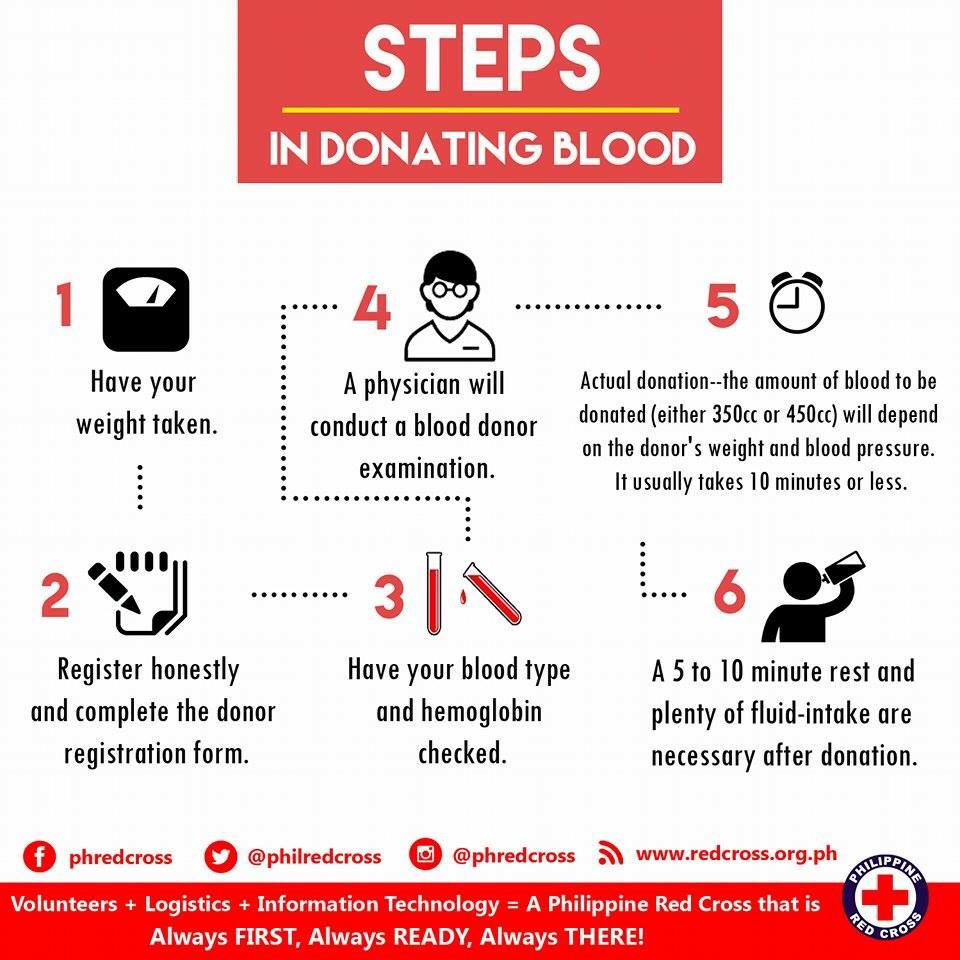



Have spent five years or more in France or Ireland between 19. Have lived in or visited the United Kingdom for three months or more cumulatively between 19. Have engaged in prostitution in the past 3 months. Have used injectable drugs, including anabolic steroids, unless prescribed by a physician in the past 3 months. Have ever had a positive test for the AIDS virus.Īre a man who has had sex with another man in the past 3 months. Had a tattoo in the past 3 months or received a blood transfusion (except with your own blood) in the past 3 months. Have tested positive for hepatitis B or hepatitis C, lived with or had sexual contact in the past 12 months with anyone who has hepatitis B or symptomatic hepatitis C. You will not be eligible to donate blood or platelets if you: What Conditions Would Make You Ineligible to Be a Donor? We require that you provide identification that shows your name and your photograph or signature. If you have a chronic medical condition such as diabetes or high blood pressure, you may still be eligible as long as you are receiving treatment to control your condition. Good health means that you feel well and are able to carry out normal daily activities. If you are 76 or older, you will need your doctor’s written approval for blood or platelet donation. No parental consent is required for those who are at least 17 years old. Parental consent is required for blood donation by 16 year olds 16 year olds are NOT eligible to donate platelets. To donate blood or platelets, you must be in good general health, weigh at least 110 pounds, and be at least 16 years old. After taking your pulse, blood pressure, and temperature and checking for anemia, we will determine whether you are eligible to be a donor. You and Your Donation Are Important to Usīefore donating, one of our medical professionals will discuss your health history with you in a private, confidential setting. The general guidelines listed below will help you determine if you are eligible to donate blood or platelets. Donor eligibility rules help to protect the health and safety of the donor as well as the person who will receive a blood transfusion.


 0 kommentar(er)
0 kommentar(er)
